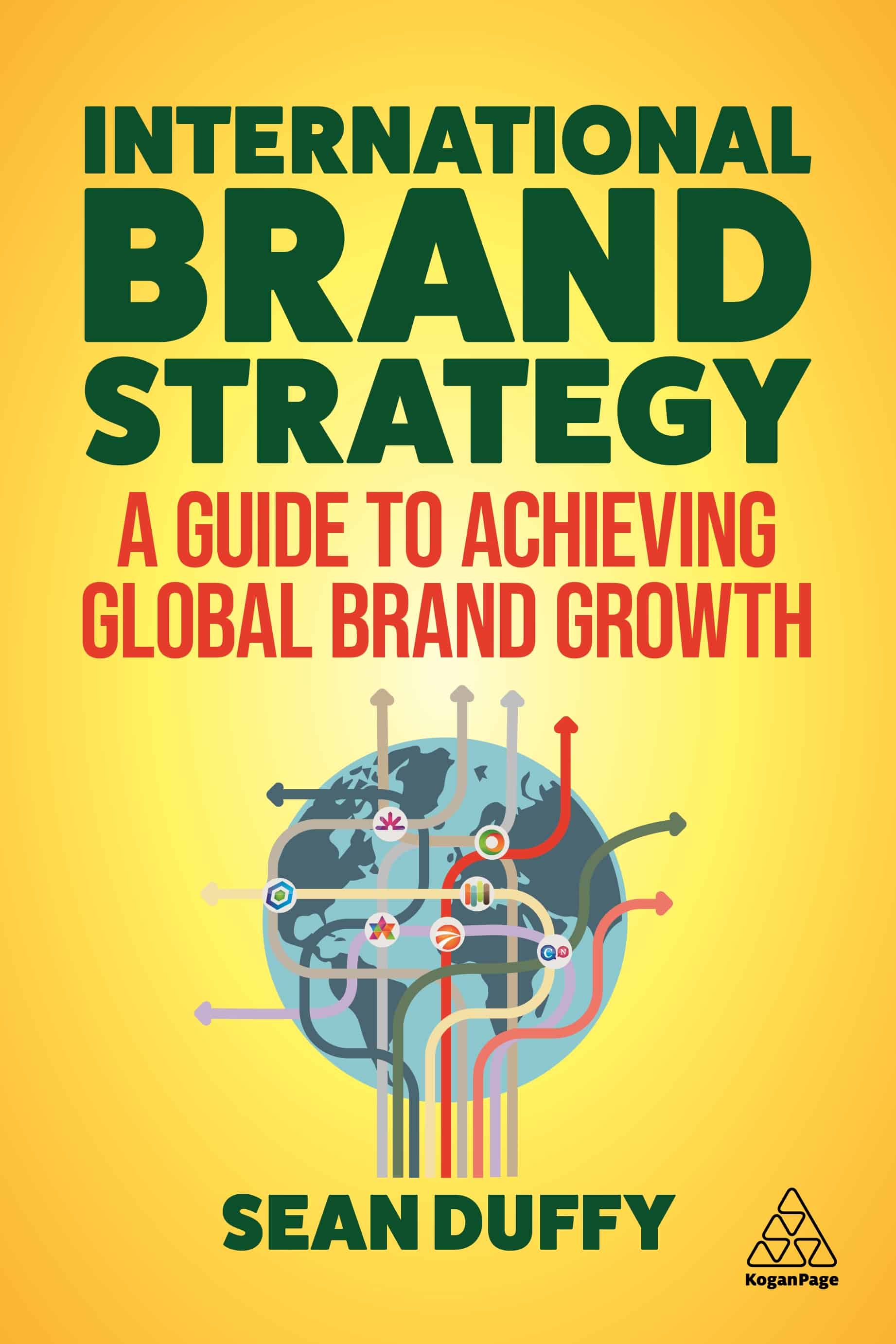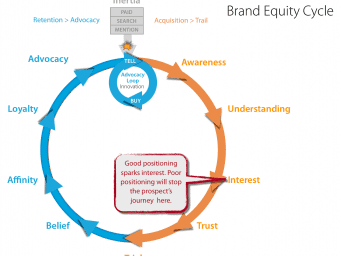Coming to terms: What is a brand? What is branding?
LIKE BLIND MEN DESCRIBING AN ELEPHANT Christopher Kenton is one of my favorite writers on the topic of brands. I first got hooked wh...
18 Sep 2012 4660 ViewsLIKE BLIND MEN DESCRIBING AN ELEPHANT
Christopher Kenton is one of my favorite writers on the topic of brands. I first got hooked when I read his Business Week article “What, exactly, is a brand?” It was said to have sparked the sharpest response of any marketing article they’d published. So its not just you and I, the whole world seems to be asking this question: What is a brand and what is branding?
There’s little wonder where the confusion comes from with one brand expert telling us that branding is all about graphic guidelines while others saying it’s a promise, or a covenant, or a look, or a feel, or an attitude, or an emotion, or an association, or a perception, or a bond, or an experience, or even a religion.

What exactly is branding?
Like blind monks feeling an elephant for the first time, each expert has their own take depending on the their perspective. It does not mean their perceptions are wrong, but their conjecture and theory is not helping the rest of us work with our brands on an operational level. In fact, it would seem as if each expert feels compelled to raise the issue to a new level of complexity. And if you ask any five marketing professionals to define “branding” you’ll see that the experts are doing a pretty good job.
The result of this confusion? We can’t talk about building our brands with any real precision because none of us are speaking the same language. And its not just that we have different words, we have entirely different ideas about the concepts that surround and govern our brands. We lack a common understanding and vocabulary with our staff, our superiors, our vendors, our boards and our stockholders.
So if none us know and/or can agree on what the activity called “branding” is, then it stands to reason that we’re probably not doing a very good job at it. Without a coherent definition one would expect that:
- it would be difficult to get people to cooperate with brand building programs;
- those programs would generate more confusion, misunderstanding and ill-will than unity and focus;
- people would place unrealistic expectations on those programs;
- it would also be difficult to measure the results of our brand building efforts and therefore difficult to justify the effort in the first place.
It would also stand to reason that if we can’t agree on what a brand is and what branding is then we’re probably not very convincing when we ask our CEOs and boards to take us seriously and fund our efforts adequately. All of which seems to be the case in many companies today.
So what do we do about this?
You might find some ideas in the following articles: How to improve your brand swing and How to explain branding to a six year old (or to your boss).
Like this post? You'll find more marketing insights in my new book: International Brand Strategy: A guide to achieving global brand growth, now available from booksellers globally. Order your copy here.






